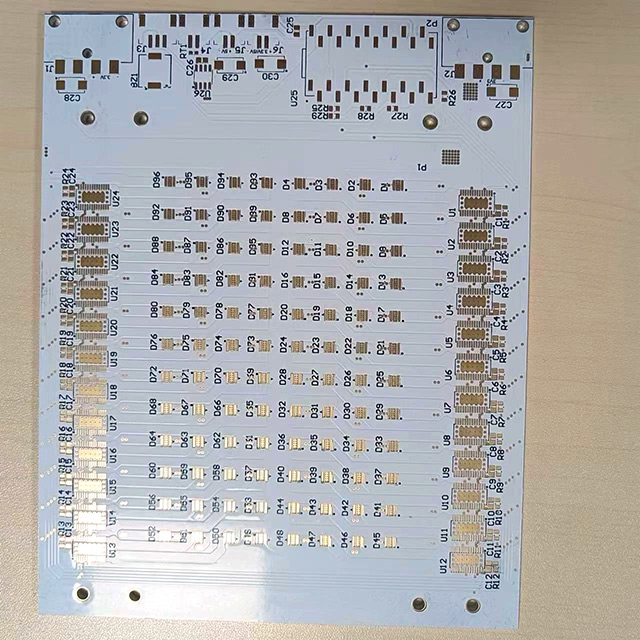P
Peter Woodford
guys
been asked to install an extra socket in a house. does this need to be rcd protected if isn't already. Fuse board has rewire-able fuses its also only a short run
cheers
been asked to install an extra socket in a house. does this need to be rcd protected if isn't already. Fuse board has rewire-able fuses its also only a short run
cheers












